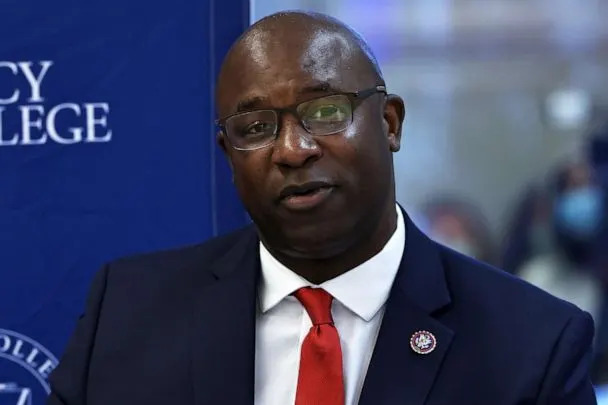ZIONIST MURDER
Israeli commander backs forces in death of Palestinian girlWed, December 14, 2022
JERUSALEM (AP) — An Israeli commander on Wednesday expressed support for forces that shot and killed a teenage Palestinian girl in the occupied West Bank earlier this week.
A preliminary investigation by the Israeli military concluded that Jana Zakarna was hit unintentionally by Israeli fire during a military operation in the West Bank town of Jenin on Monday. Her family has disputed the findings.
Amir Cohen, commander of the paramilitary border police, told a ceremony Wednesday that his forces were operating in the “fog of war” and forced to make split-second decisions while under fire.
“Our fighters acted with morality, values, courage, determination and saved human lives,” he said. “For that, I salute them.”
Zakarna was killed on the roof of her home during an Israeli raid in Jenin. The raid was conducted by a border police unit under the army's command.
In its preliminary investigation, the army said the girl was hit unintentionally by fire aimed at nearby gunmen. Her family said there were no militants in the area and said she was killed in “cold blood.”
About 150 Palestinians have been killed in Israeli-Palestinian fighting in the West Bank and east Jerusalem this year, making it the deadliest year since 2006.
The Israeli army says most of the Palestinians killed have been militants. But stone-throwing youths protesting Israeli army incursions and others not involved in confrontations have also been killed in the fighting.
Much of the violence has been in Jenin, which is known as a stronghold of militants.
The army stepped up its activities there after a series of deadly attacks inside Israel last spring, some of which were carried out by militants from Jenin.
At least 31 people have died in Palestinian attacks in Israel and the occupied West Bank this year, according to Israeli figures.
In its preliminary investigation, the army said the girl was hit unintentionally by fire aimed at nearby gunmen. Her family said there were no militants in the area and said she was killed in “cold blood.”
About 150 Palestinians have been killed in Israeli-Palestinian fighting in the West Bank and east Jerusalem this year, making it the deadliest year since 2006.
The Israeli army says most of the Palestinians killed have been militants. But stone-throwing youths protesting Israeli army incursions and others not involved in confrontations have also been killed in the fighting.
Much of the violence has been in Jenin, which is known as a stronghold of militants.
The army stepped up its activities there after a series of deadly attacks inside Israel last spring, some of which were carried out by militants from Jenin.
At least 31 people have died in Palestinian attacks in Israel and the occupied West Bank this year, according to Israeli figures.
.png)








